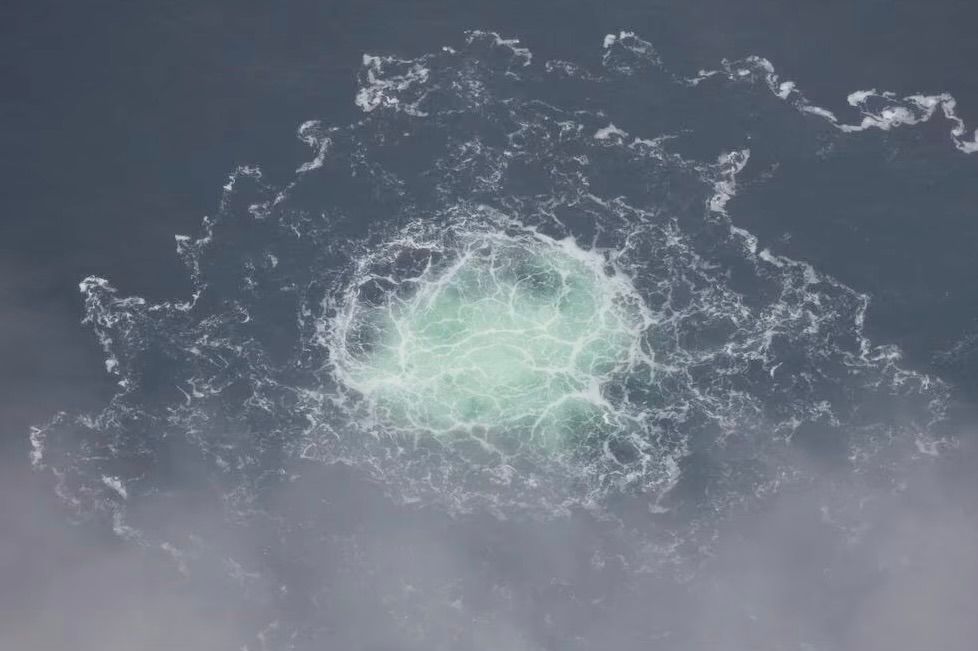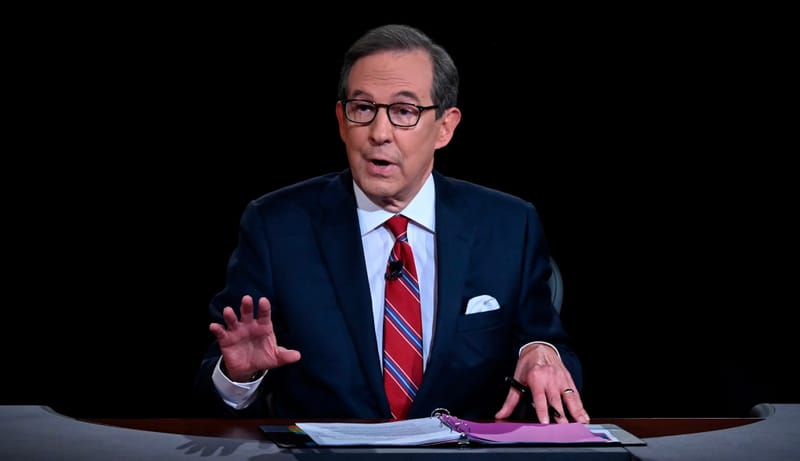The Unraveling Intrigue: A Dutch Warning, A Ukrainian Plot, and The Nord Stream Pipelines
The revelation of the alleged Ukrainian plot to sabotage the Nord Stream pipelines last year is reshaping the geopolitical narratives. Notably, these gas pipelines, which carry gas from Russia into the European Union under the Baltic Sea, were reportedly subjected to an alleged Ukrainian attack, based on an intelligence warning

The revelation of the alleged Ukrainian plot to sabotage the Nord Stream pipelines last year is reshaping the geopolitical narratives. Notably, these gas pipelines, which carry gas from Russia into the European Union under the Baltic Sea, were reportedly subjected to an alleged Ukrainian attack, based on an intelligence warning the CIA received from its Dutch counterpart, according to multiple media reports.
According to a joint investigation by NOS, Dutch television news show Nieuwsuur [Newshour], German media Die Zeit and ARD, the Dutch military intelligence had alerted the CIA about an apparent Ukrainian plan to blow up the Nord Stream pipelines three months before the pipelines were hit. The Wall Street Journal (WSJ) corroborated this claim, indicating that the tip-off to the CIA had indeed originated from Dutch military intelligence.
Despite the Dutch intelligence warning, an attack did occur on the pipelines last September, causing leaks from underwater explosions. While the pipelines weren't actively transporting gas to Europe at the time, they still held gas under pressure. The attack drew condemnation from US officials and Western allies as a sabotage on critical infrastructure and instigated an investigation by various European nations.
In the aftermath of the attack, Ukraine promptly denied any involvement. Mykhailo Podolyak, the top advisor to Ukrainian President Volodymyr Zelensky, referred to the allegations as an “amusing conspiracy” theory. Reiterating this stance, President Zelensky has maintained Ukraine's innocence, stating, “Nothing of the sort has been done by Ukraine. I would never act that way.”
Regardless, the complex situation revolving around these pipelines is not without controversy. Even before the start of the conflict in Ukraine, concerns had been raised about the Nord Stream 1 and 2 pipelines. Critics voiced fears about Europe's growing dependence on Russian gas, and this incident has only escalated those concerns.
The Dutch military intelligence service, known as the MIVD, the CIA, and the Dutch embassy in the US have all refrained from commenting on the reports. Meanwhile, requests for comments from the MIVD and the Ukrainian government by CNN have so far gone unanswered.
The unfolding story around the Nord Stream pipelines emphasizes the volatile mix of geopolitics and energy security. As more details come to light, the implications could be far-reaching, from a re-evaluation of gas supply routes to a potential shift in international relations.




